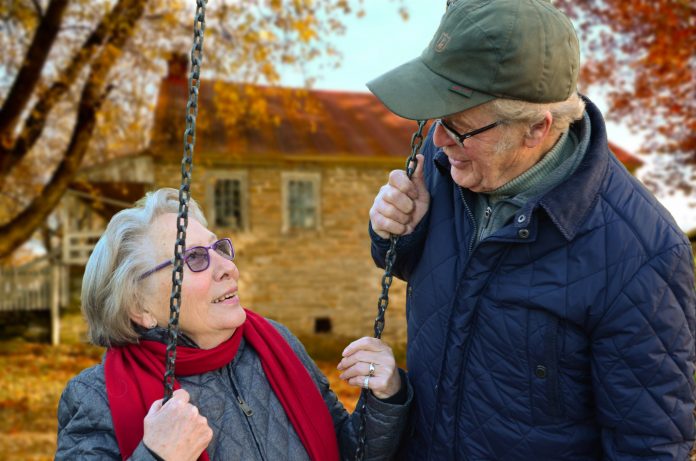With age comes wisdom, but unfortunately it also brings some health issues you never had to worry before. Your face gets more wrinkly, your hair becomes grey and you forget things you never used to have trouble remembering. Due to the longer life expectancy, the number of seniors (people over 65) is actually increasing, which is causing a shift in the mindset of the population as more care and attention is focused on the elderly.
And while we cannot stop the process of aging, it is possible to significantly improve the quality of life for senior citizens by understanding the challenges they are faced with, such as the common health issues they suffer from as well as their treatment and potential pain management. Here we are listing the top five most common health issues that affect the senior population.
Arthritis
This the most common health problem experienced by people over 65 with nearly half the population being affected by it in some way. Arthritis is a chronic condition that occurs when the cartilage that covers the ends of bones gets worn out over time, which leads to the bones rubbing together causing pain, inflammation and even swelling of the joint. The joints most often affected are knees, hips, hands and spine. Because of this, a lot of older people are discouraged from being active, but it is important to develop an activity and pain management plan with their doctor and avoid the numerous health problems related to a sedentary lifestyle.
Heart disease
Heart disease is the leading cause of death for people of the age of 65. In addition to the changes in the heart muscle that occur naturally with age, such as the degeneration of muscle cells and blood vessels, there are a number of risk factors that contribute to this condition, such as high blood pressure, high cholesterol, use of alcohol and tobacco and insufficient sleep. Fortunately, most of these risks can be reduced with a healthy and balanced diet, regular activity and a good night’s sleep. But when one of these risks factors does manifest, it’s crucial to regularly monitor it and keep in under control, either through a change of behavior or prescribed medications.
Osteoporosis
However, being active at an older age carries the risk of fall-related fractures due to osteoporosis, which is the deterioration of bones because of reduced bone mass and loss of bone tissue. This condition causes the bones to become fragile and brittle, which in turn means they are much more susceptible to fractures, especially of the wrists, hips and spine. These fractures are also more complex and severe than those of healthy bones and require constant care during recovery to make the person comfortable and avoid further injury, so a reliable home doctor is a great idea in case no family members are available. Since there are no symptoms prior to a potential injury, it’s very important to schedule an exam to check if you are at risk before an accident happens.
Cancer
The risk of developing cancer significantly increases with old age for a number of reasons, such as long-term exposure to environmental carcinogens, the fact that cells are more likely to undergo mutations over a longer period of time as well as other elderly health issues masking the symptoms of cancer and preventing a timely diagnosis. Regular prostate exams, mammograms, skin checks and other similar procedures are the key in detecting cancer in the early stages when it can be treated much easily than in the later stages. Additionally, medical advances such as non-invasive treatments have been made that allow for a much higher quality of life for senior citizens living with cancer.
Mental health issues
There are a number of various mental health issues that affect the older population in particular. Depression is one of the most common ones, often due to a perceived lack of purpose after retirement, loss of loved ones, declining health and isolation. Alzheimer’s disease and other illnesses that present dementia-like symptoms have a very negative impact on senior’s lives, in some cases leaving them unable to care for themselves. This is why it is important that senior citizens have someone who will check up on them regularly, whether it’s a family member, friend or medical professional, and help them in case they are suffering from any of these conditions.
Seniors will make up 22% of the population by 2050, so it is important to raise awareness about the health issues they are facing so they can enjoy their twilight years in peace. After all, we will all grow old at one point, so creating an environment where senior citizens are supported and taken care of is beneficial for everyone.







